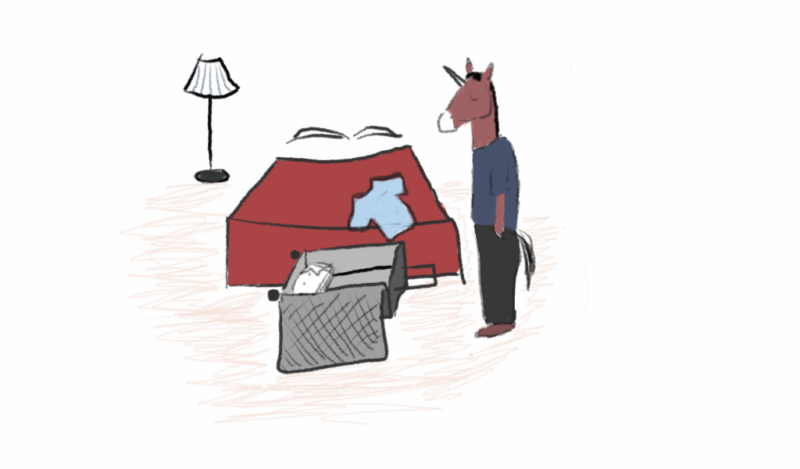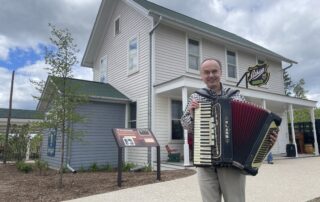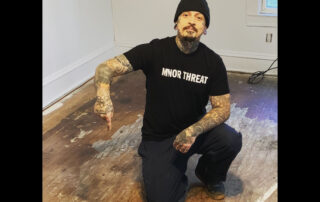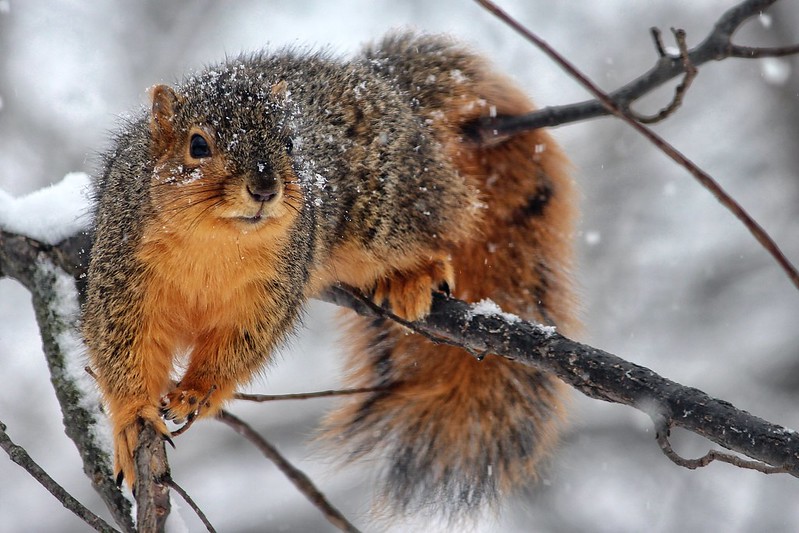The violence in Charlottesville has many people thinking about racism. Parth Shah spent a little less than a year in Wisconsin as part of a fellowship. Recent events led him to reflect on his time in Madison and an event that he can’t – and hasn’t – forgotten.
“Did you like it there?” she asked, with raised eyebrows and a tone of surprise.
This is the most common question I get when I tell someone I briefly lived in Wisconsin before moving to Washington, DC.
I spent a little less than a year in Madison. After graduating college in 2015, my trusty white Toyota Camry and I made the 14 hour trek from North Carolina to Wisconsin. Madison was supposed to be the first stop on my journey to becoming the next Ari Shapiro; I‘d landed a reporting fellowship at WPR. Yeah, that’s right. I was a 22 year old transplant to Dane County who didn’t work for Epic. I was basically a unicorn.
Madison quickly seduced me. It’s the city where I perpetuated stereotypes about Indian-Americans and won my first spelling bee; albeit a drunk spelling bee at Lucky’s. Madison is also where I had my first gay marriage. That’s what I call a slice of Ian’s pizza topped with Paul’s pel’meni.
These are the things I usually tell people when they ask me if I liked living in Wisconsin. But that’s not all that happened there..
_
The day after Christmas, a friend and I decided to get Chinese food for dinner. It was only 5 PM but since the sun has already set and the streets were mostly deserted, it felt like it was much later. A few yards away from our parking space, three white men in their early twenties stood on the sidewalk. One of them was staring dead at me.
We walked toward the restaurant. The staring guy asks what my name is. I ignore him. He then asks, “is it Hasan?” Before I can say no, he shouts, “don’t blow up the place, terrorist.”
We quicken our pace. The man and his friends start to walk in the opposite direction, thankfully. They keep yelling, but I can’t hear what they’re saying. My ears were ringing in shock. That was the first time I’d ever been called a terrorist.
We enter the restaurant. My friend is silent as she looks at the menu. “That was crazy,” I say to her, choking up She says something like “yeah, that was terrible.” We change topics. We place our orders, eat, and head back to the car, this time, without getting called a terrorist.
When I got back to my apartment, I started unpacking. I’d just spent two weeks with my family in North Carolina, going on and on about how much I loved Madison. I told my family that in just a few short months, I had become a full fledged Sconnie. That man on the street reminded me to slow down. In his eyes, I didn’t belong in Madison.
After putting away my clothes, I walked into the bathroom. In the mirror, I saw a pair of puffy red eyes. I didn’t realize I’d spent the past ten minutes crying.
Crying out of disgust at the random guy who called me a terrorist; crying out of disappointment at myself for being hurt by his words; crying out of disbelief that my friend didn’t stand up for me.
–
“Did you like it there?”
When someone asks me that question, I usually respond with some cute piece of trivia. “Wisconsin has more than 10,000 lakes,” or “ Wisconsin Dells is the waterpark capital of the world.”
But on the night of the white supremacy rally in Charlottesville, the memory of that December evening was the first thing that came to mind.
I met lots of white allies in Madison. People who will post avidly about the wrongs of racism and white supremacy. But are they having those same conversations offline?
There are people who live in Wisconsin who have no relationships with people of color. That’s the nature of living in a state that’s 83 percent white. But that lack of racial diversity is precisely why people in Wisconsin need to be having more conversations about race. It’s easy to shrug off the problematic things your elderly uncle says at the Thanksgiving table. It takes courage to stand up to him and explain why his views are harmful.
Talking about race doesn’t make you racist.
Madison may not have the same Confederate history as Charlottesville. But white supremacy is still alive and well in a city built on top of Native American burial grounds.
What happened in Virginia could just as easily have happened in Wisconsin.
And it still could.







